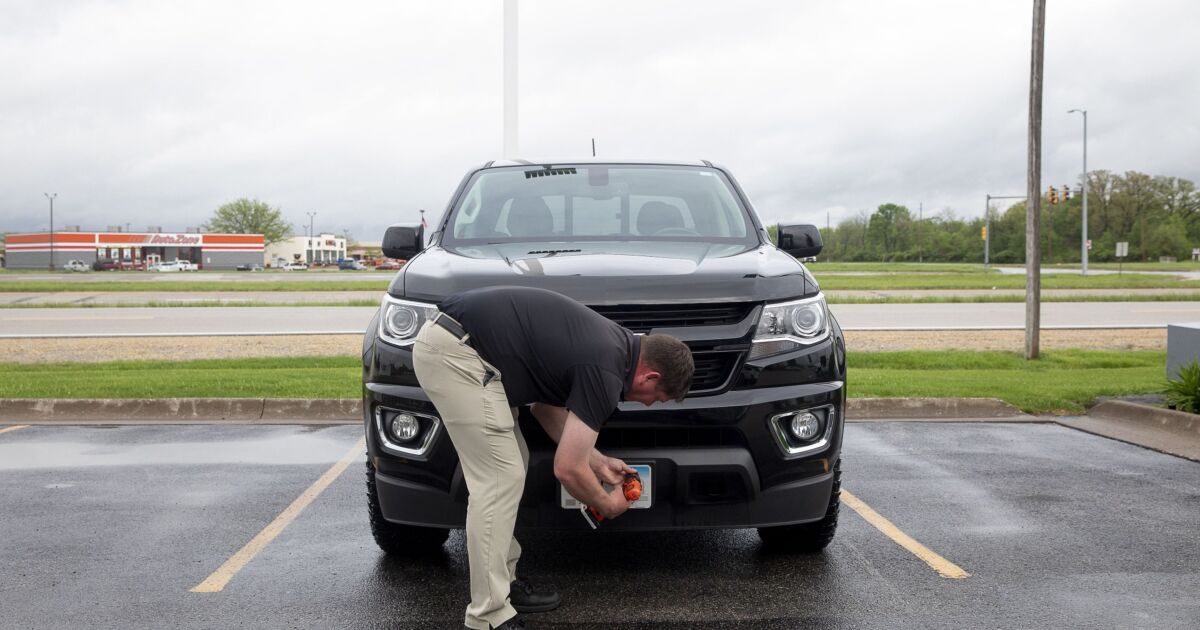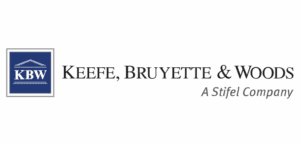Automatic license plate readers may present privacy concerns

The goal of the statewide UVED program, which is operated by the Oklahoma District Attorneys Council, is to leverage license plate recognition technology to ensure that all drivers have at least the minimum required amount of liability insurance, according to the UVED site. This will ultimately lead to safer roadways, it says.
After multiple expansions, UVED now has 70 active cameras at locations around the state, says Amanda Arnall Couch, UVED program director.
The program involves installing a network of fixed and trailer-mounted optical sensors at key transit points across all jurisdictions in the state. While the technology produces hundreds of thousands of images, all data collected by UVED is retained solely by the program, and only for as long as it’s being used as evidence of a violation, UVED says. When the data is no longer needed, it is deleted or destroyed.
“Since inception, the UVED program has enrolled 62,540 citizens in diversion, meaning each of those citizens acquired valid insurance and agreed to maintain coverage for a period of two years,” Couch says. “Therefore, no criminal charges were filed.”
The program currently enrolls about 82 citizens per day, “preserving law enforcement and court resources for higher priority offenses,” Couch says. “We estimate at least 62% of enrollees remain in compliance throughout the two-year term. Those who do not are subject to additional notices and/or prosecution.”
Rekor’s Rekor One platform uses computer vision artificial intelligence (AI) and machine learning to identify vehicles by make, model, color, and identifying marks, as well as license plate information, says Degliomini.
“Once identified, this information is then compared to a database of vehicles that have active insurance that meets state-mandated minimum standards,” Degliomini says. For vehicles that do not meet the state-mandated minimum standards of insurance, Rekor conducts outreach through a customer service call center, through which citizens can speak to a customer service representative and address any questions, extenuating circumstances or discrepancies.
“When an uninsured vehicle is detected, the UVED program sends a notice to the citizen who registered the vehicle, at which point they can enter a diversion program by acquiring insurance and paying a $174 enrollment fee,” Degliomini says. “This allows the citizen to avoid the possibility of criminal charges, associated penalties, and a permanent mark on their driving record.”
Motorists can acquire insurance on their own or use an affordable option offered through the program. Multiple insurance company options are provided through the program, and other insurance providers may be added, Degliomini says.
Citizens who need help finding affordable insurance are referred to Rekor partner Freeway Insurance, Degliomini says.
The key components of the system include a Rekor One ‘brain’, which hosts computer vision and pattern recognition algorithms for identifying and securely storing and sharing information with authorized parties. Rekor sensors, often in the form of cameras, capture information and send it to the platform to be analyzed instantly and matched against the state’s insured vehicle database.
Sensors can be mounted on existing infrastructure including poles, bridges, or attached to trailers that are then positioned along roadways. Sensors can even be placed within vehicles, allowing them to capture images while in motion.
Rekor Systems has customers across the United States and is using the technology for multiple public safety applications. But Oklahoma is the only state currently using the technology to identify uninsured drivers, Degliomini says.
Other states are considering implementing UVED-like programs in the future, including Texas, Florida, and Missouri, according to Couch. As for plans in her state, “UVED is always looking for ways to evolve and enhance, including the addition of [more license plate readers], partnerships with surrounding states and other agencies,” she says.


